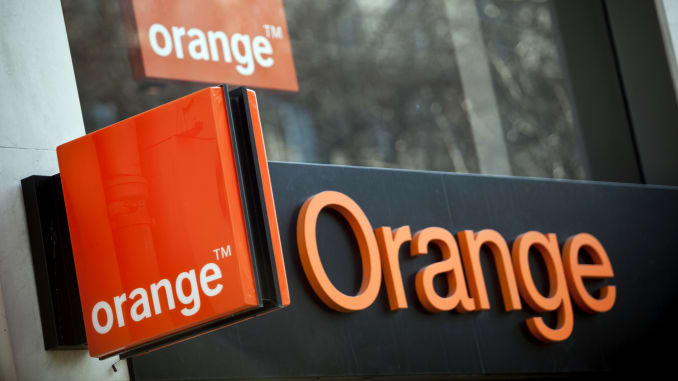
Telecommunication Companies in Sierra Leone
Sierra Leone’s telecommunications industry plays a crucial role in the country’s economic development, connecting communities and facilitating business operations. The sector has evolved significantly since the liberalization of telecommunications in the early 2000s, with mobile networks becoming the primary means of communication due to limited fixed-line infrastructure. Below is an overview of key players, regulatory bodies, and the challenges facing telecommunications in Sierra Leone.
Key Players in Sierra Leone’s Telecommunications Sector
1. Orange Sierra Leone
Orange Sierra Leone is one of the largest telecommunication companies in the country. Formerly Airtel Sierra Leone, the company was acquired by Orange Group in 2016. It offers a range of services, including voice, internet, and mobile money services, and has been instrumental in expanding 4G network coverage across the country. Orange Sierra Leone also invests in corporate social responsibility projects, focusing on education and digital inclusion.
2. Africell
Africell is another leading telecom provider in Sierra Leone, known for its competitive pricing and wide network coverage. It offers voice, data, and mobile financial services. Africell has been pivotal in driving mobile penetration in the country, frequently introducing innovative products tailored to local needs. Its contributions to entertainment, sports, and cultural development have also enhanced its brand presence.
3. Qcell
Qcell is a relatively new player in Sierra Leone’s telecommunications market. Originating from The Gambia, it entered the Sierra Leonean market with competitive pricing and high-speed internet services. The company focuses on data services and is gradually expanding its network infrastructure to compete with established players like Orange and Africell.
4. Sierratel
Sierratel is the state-owned telecommunications company, primarily providing fixed-line services and broadband internet. While it struggles to compete with private mobile operators, Sierratel has focused on delivering affordable internet solutions. The company has plans to modernize its infrastructure to meet increasing consumer demands for reliable and high-speed internet.
Regulatory Oversight
The National Telecommunications Commission (NATCOM) is the regulatory authority responsible for overseeing telecommunications operations in Sierra Leone. NATCOM ensures compliance with licensing agreements, promotes fair competition, and protects consumer rights. It also plays a critical role in facilitating investment in the sector and encouraging the adoption of new technologies.
Challenges in the Telecommunications Sector
1. Infrastructure Deficit
Limited infrastructure remains a significant challenge. Rural areas often have poor or no network coverage, leaving many communities disconnected. The high cost of building telecommunications infrastructure further complicates efforts to achieve nationwide connectivity.
2. High Operating Costs
The operational costs for telecom companies in Sierra Leone are high due to unreliable power supply, which forces companies to rely on generators. Additionally, heavy taxation increases the financial burden on service providers.
3. Digital Literacy
Despite improvements in connectivity, digital literacy levels remain low. Many citizens lack the skills to fully utilize digital services, limiting the potential impact of telecommunications on economic and social development.
4. Affordability
Although mobile penetration is growing, affordability remains a barrier for many Sierra Leoneans. High costs of devices and data plans restrict access, especially in low-income communities.
Opportunities for Growth
The telecommunications sector in Sierra Leone has immense potential for growth, driven by increasing mobile penetration and demand for internet services. Investments in rural connectivity, renewable energy solutions, and digital literacy programs can unlock new opportunities. Partnerships between the government, private sector, and international organizations will also be essential in achieving universal access to telecommunications services.
In conclusion, the telecommunications industry in Sierra Leone has made significant progress but still faces challenges related to infrastructure, affordability, and digital literacy. Companies like Orange, Africell, Qcell, and Sierratel, along with NATCOM, are working to overcome these hurdles and improve connectivity for the nation. With sustained investments and innovative solutions, the sector can play a transformative role in Sierra Leone’s development.




Leave a Reply